
To Eat, Or Not To Eat, Before Your Morning Workout?

That is the question! We weigh up the evidence. There’s a lot to think about when it comes to the best way to shedding those extra pounds. There’s choosing the best workout to burn all that extra fat. There’s whether exercise or eating healthier is more important. And how does working out without having eaten anything will help you get thinner faster than you thought?
We weigh up the pros and cons, so you can decide whether to skip the shake or fuel up.

Why work Out When You Haven’t Eaten Anything?
Here’s the theory. When we exercise, our bodies burn carbohydrates called glycogen. If our body hasn’t accumulated that many carbohydrates – so, after sleeping and before breakfast – then the theory is our body will burn fats as the next available source of energy.
The benefits
- Quickly Lessen Your Body Fat Percentage. A study comparing 12 fit men who hit the treadmill before versus after breakfast discovered that those who worked out pre-breakfast burned more body fat, around 20% more actually. Interestingly, they also didn’t feel the need to “make up” their missed calories later in the day either, giving an extra push to those pounds.
- Improve your performance. Evidence around “train low, compete high” suggests exercising in when your body is low on glycogen helps you burn fat more efficiently, so when your body’s carb percentages are high, you’re primed and ready.
- Eating during specific times every day can help. You don’t have to limit yourself on the quantity or quality of what you eat, but you can’t eat whenever you want. Time-restricted eating is eating at the same time every day before fasting for 12-16 hours. When our bodies recognize our eating program, hormones encourage weight loss when we aren’t eating. Working out in the fasting period could burn even more fat, especially pre-breakfast.
- Improve your body’s insulin response. When we eat, our insulin levels increase so that we can digest valuable nutrients from our food. But if we eat too many carbs or sugars, our bodies become immune to letting insulin do its thing. A health benefit of fasting is reducing that immunity our bodies tend to show to insulin release, as less is created when we aren’t grazing all day.
- You might work out more! Sometimes it’s hard to find the time to hit the gym with all the potential distractions of our daily lives. By exercising pre-breakfast, without having to take time for eating and digestion, there’s less likelihood of getting derailed from your workout plans.
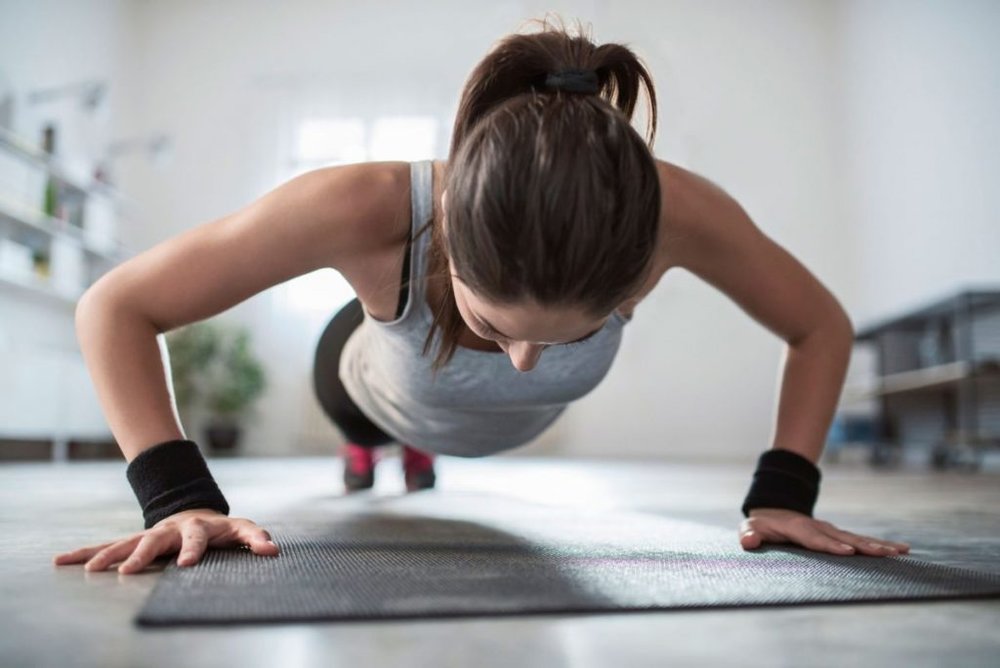
But, is it really better?
- You might lose muscle. Okay, so low glycogen workouts can be good for weight loss. But, if your body is totally out of glycogen – say you had an early dinner and slept longer – your body might skip fat burning and head straight to muscle stores instead, working away from your hard-earned body definition.
- Which evidence is correct? For every research that suggests fasting helps, there’s one contradicting it. An International Journal of Sports Nutrition and Exercise Metabolism study suggested that eating a bit before working out helps burn fat more efficiently. Another study found that your body reacts in the exactly same way when you work out, whether you eat or not! Who to believe?
- Less energy. When you haven’t “charged your batteries”, you might not be able to push yourself as hard. The extra energy from a light meal before working out might be needed to complete very intense workout routines (like Crossfit, for instance), which help you get thinner in a shorter amount of time. And if you’re a fan of endurance sports, then eating before working out is obligatory, and possibly even refueling mid-workout. For those with other health considerations, like diabetes or low blood sugar, eating a bit when you take a break during workouts will help you avoid experiencing dizziness, fatigue and more.
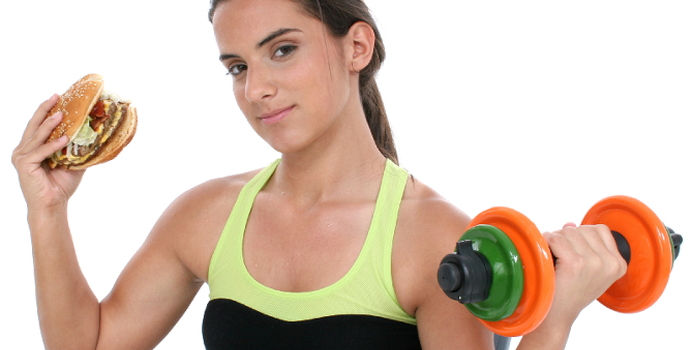
The verdict
There’s no clear-cut answer. For some, working out while fasted may eventually prove to be beneficial, for others, not. It really depends on your body’s condition at the time, what type of workout routines you’re doing, and how you personally plan your optimum exercise routine.
What is incredibly important is staying hydrated at all times – drinking water helps keep you energetic, and stops you mistaking thirst for hunger and eating those extra calories you’re trying to avoid. Even more crucial than pre-workout snacks (or not), is what you eat afterward – a healthy snack in approximately the first hour after working out is best.
Whether you’re fasting or fuelling, kudos for taking your health seriously and working out. Keep it up!
More inLifestyle
-
`
A Veteran’s Open Letter To The Prince Of Cambridge
If you were born a prince, like a famous Prince of Cambridge, you would have a lot of options for your...
June 5, 2023 -
`
You Must Appreciate the Amazing Growth of the Tulsa Community Foundation
The Tulsa Community Foundation (TCF) is a charitable organization which was founded on the 30th of December 1998 by a banker,...
June 5, 2023 -
`
ELDERBERRIES: Learn about These Powerful, Immune-Strengthening Tart Little Fruits!
What would you do if someone handed you a capsule that could regulate your blood sugar level, help you lose weight,...
June 5, 2023 -
`
Here Is Why Lucy Kennedy Should Be Your Inspiration
For normal people like us, celebrities (or famous people, for that matter) offer a window to the limitless possibilities which we...
June 5, 2023 -
`
If You’re Among The Health-Watchers, You Should Probably Know About Pre-Diabetes
If you’re an adult and consider yourself sufficiently aware, you know what diabetes is. The disease is so common that even...
June 2, 2023 -
`
Motivation Isn’t Enough to Get You to the Finish Line; You Need Discipline!
Motivation is the intrinsic spirit to undertake a challenging task. It is the positive enforcement that comes from within and keeps...
June 2, 2023 -
`
Gardening and Green Activities: a Definite Solution for Your Anxiety Attacks!
If you are not fond of nature and nurturing plants, you may be shaking your head at the idea of gardening....
May 30, 2023 -
`
Health Benefits Of Eating Beets You Probably Didn’t Know
Beets have gained much importance as a healthy low-calorie food option in many diet charts. It has become one of the...
May 30, 2023 -
`
Best Books Ever Written About War That Every Man Should Read
Every military service member needs his daily dose of knowledge and skill enhancement, inspiration and motivation. And reading some books about...
May 30, 2023
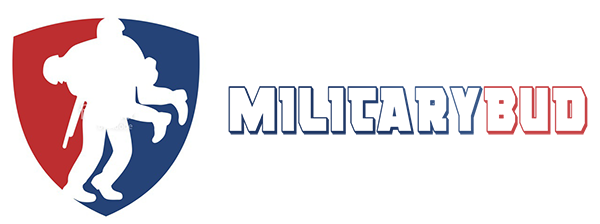
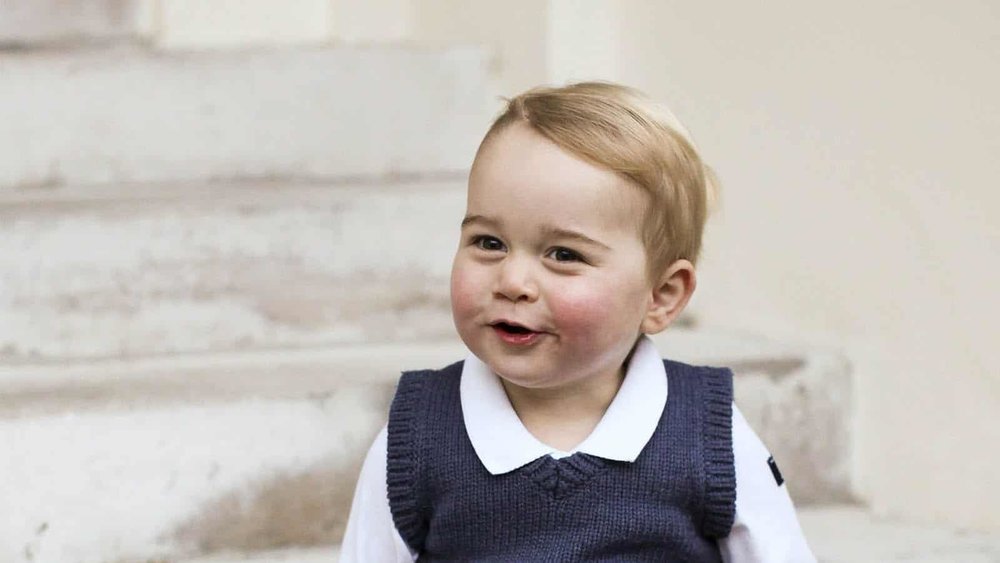



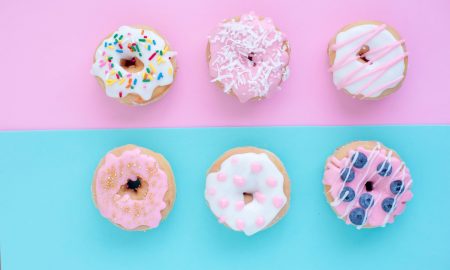
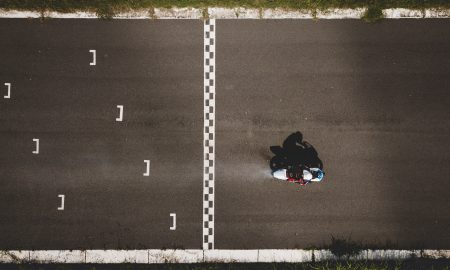


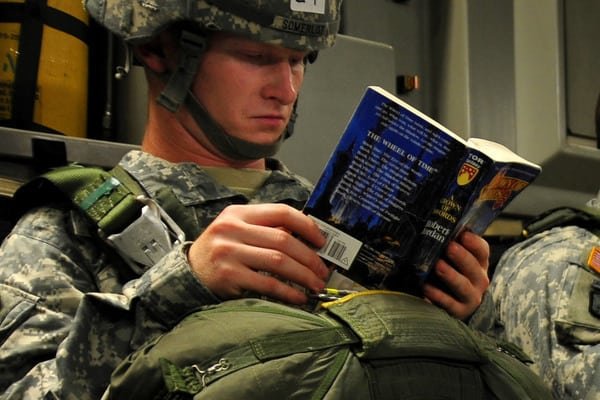



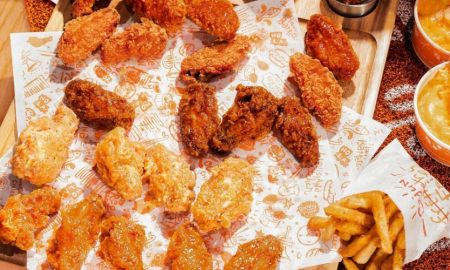
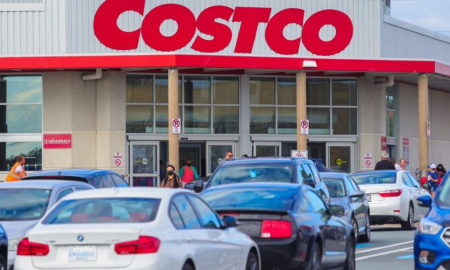
You must be logged in to post a comment Login